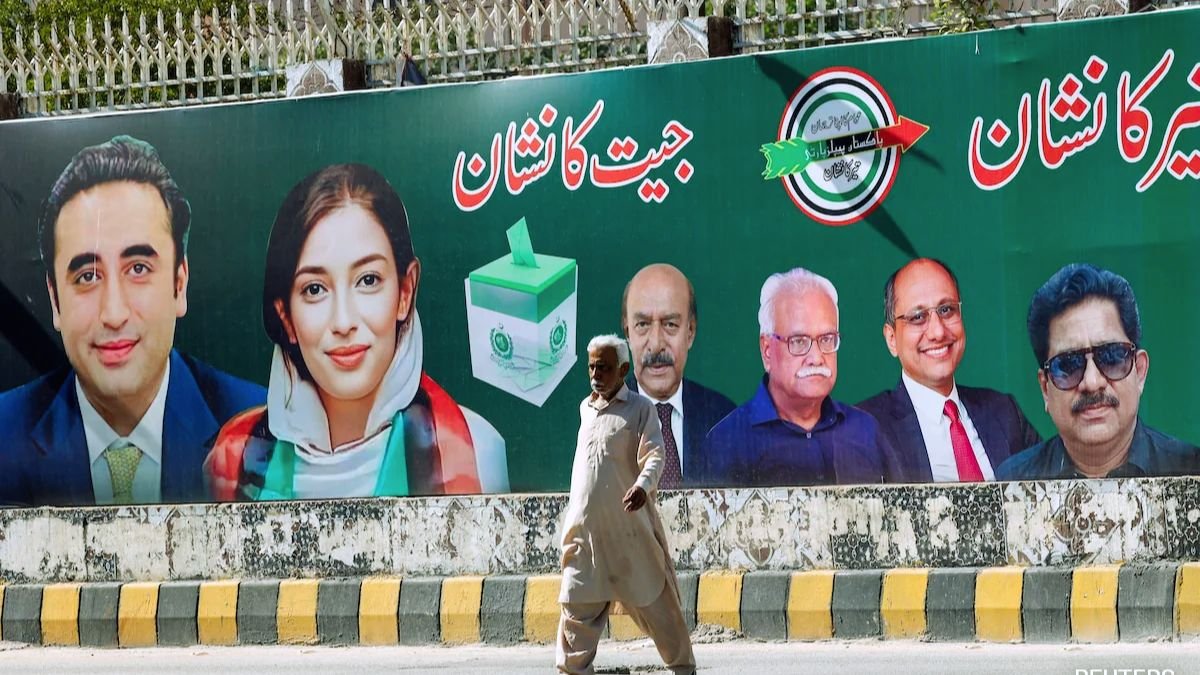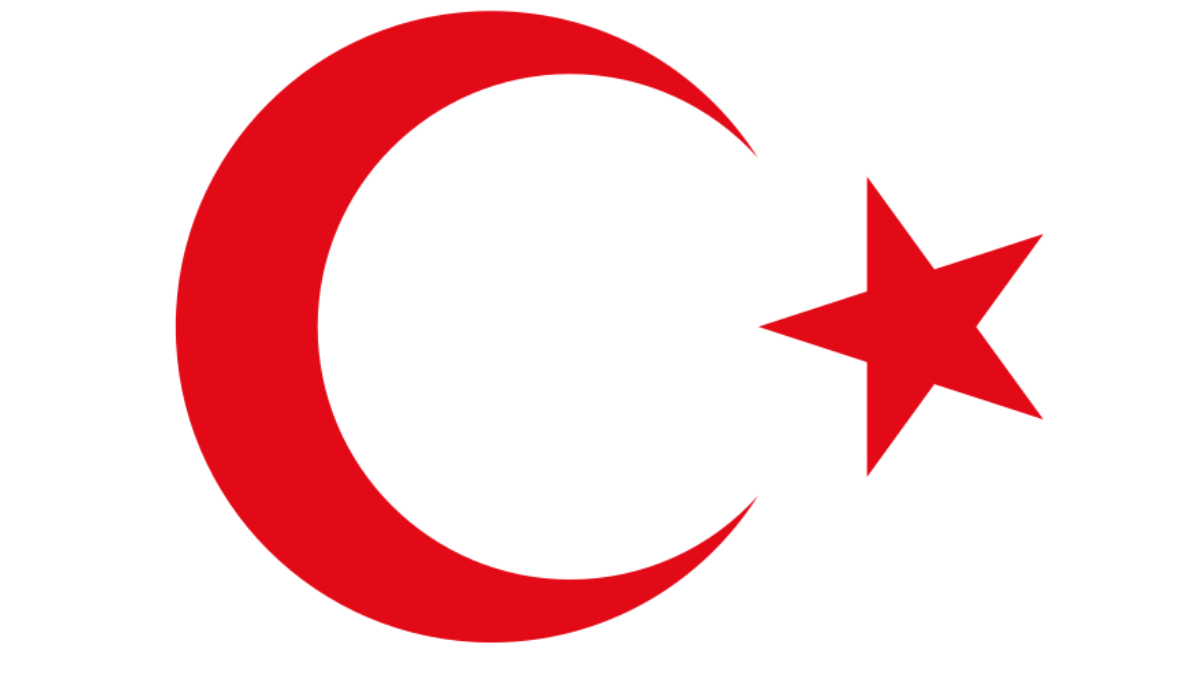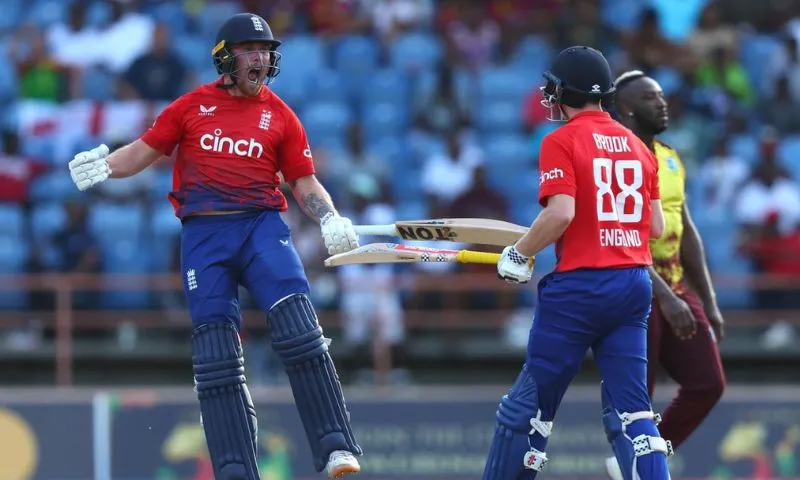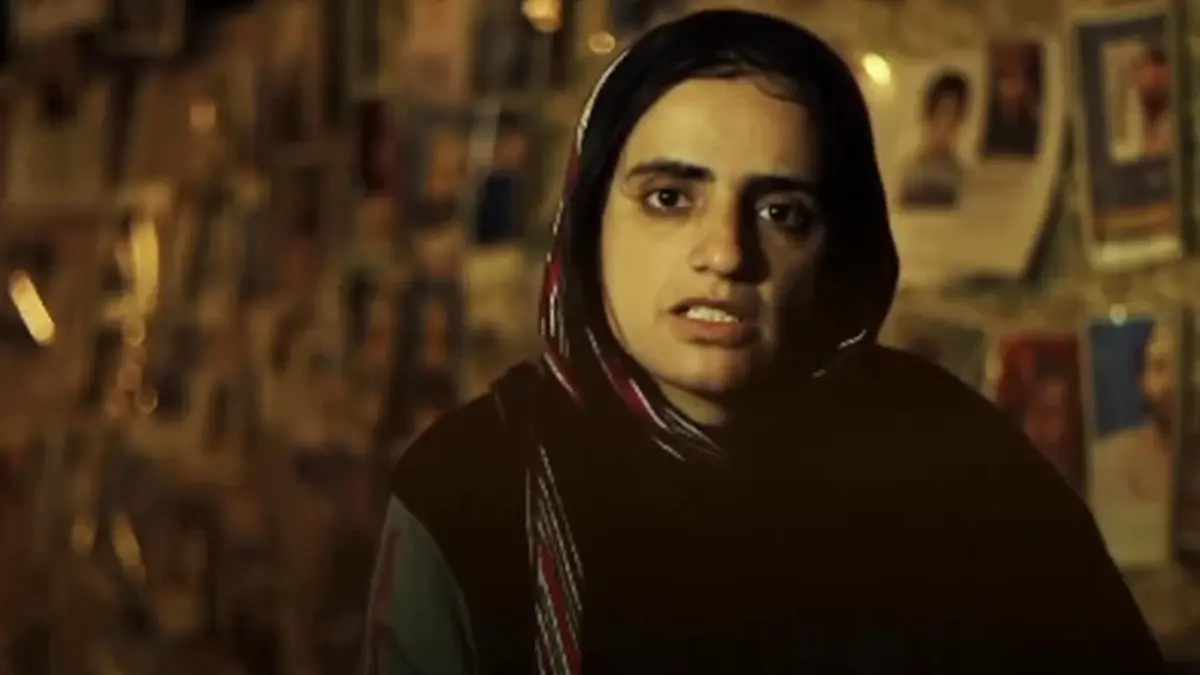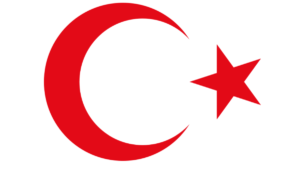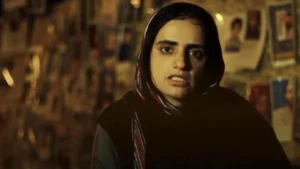Islamabad: Pakistan’s election commission has clarified that former prime minister Imran Khan is not considered a “prisoner of conscience.” He is currently in jail due to accusations in various cases, including the misuse of a diplomatic cable. The Election Commission of Pakistan (ECP) made this statement in response to comments from Khan’s Pakistan Tehreek-e-Insaf (PTI) party, outlined in its 24-point Charter of Demand ahead of the general elections in the country on February 8.
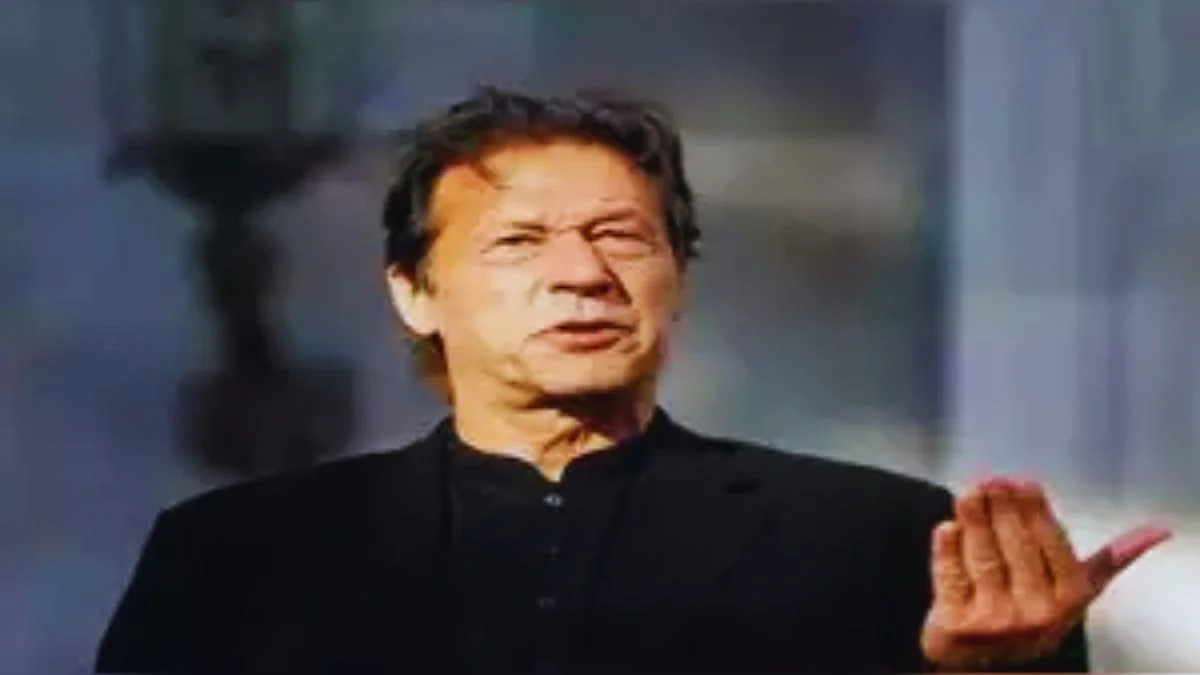
The PTI, in the charter submitted to the ECP on November 6 by its Secretary General Omar Ayub Khan, referred to 71-year-old Imran Khan, also the Chairman of the party, as a “prisoner of conscience.”
The party also claimed that it was facing victimization and persecution as a political entity. However, the ECP dismissed these allegations, stating that it has no role in the alleged victimization, as reported by The Express Tribune newspaper.
In its response to the charter on November 22, the ECP stated, “Former PM and Chairman Imran Khan is in jail in different cases, including the cipher case.”
The term “prisoner of conscience” refers to an individual who has been imprisoned due to their political or religious beliefs that are not accepted or tolerated in the state where they reside.
The term “prisoner of conscience” denotes an individual who is imprisoned because of their political or religious views that are not accepted in the state where they reside.
The cricketer-turned-politician has been held in the high-security Adiala jail in Rawalpindi since September 26 in connection with various cases.
The ECP reiterated its “no-role” statement in response to the PTI’s claim that its leaders were coerced into giving interviews and statements against the party and parting ways with it.
The election oversight authority clarified that it could not prevent any political leader from joining or leaving any party.
Regarding the PTI’s claim of not receiving a level playing field, the ECP stated that it had already issued directions to all caretaker governments to ensure fair competition for all.
When the PTI raised concerns about the general elections not taking place within the constitutionally stipulated period of 90 days, the ECP mentioned that the Supreme Court had deliberated on the issue.
The ECP further noted that it had set February 8, 2024, as the election date in consultation with the president.
When the PTI alleged that caretaker governments were engaged in pre-poll rigging against the party, the ECP reiterated that it had already issued directions to the caretaker governments. The ECP emphasized that the PTI should present specific and concrete proposals or evidence to support its claims.
The PTI had requested the ECP to issue instructions to relevant authorities to permit the party to conduct political meetings.
In its response, the ECP stated, “All political parties will be provided a level playing field during the forthcoming elections.”
Without explicitly mentioning Pakistan Muslim League-Nawaz (PML-N) supreme leader Nawaz Sharif, the PTI had raised objections to a convicted and absconding prisoner being granted unprecedented protocol and permission to hold public meetings.


